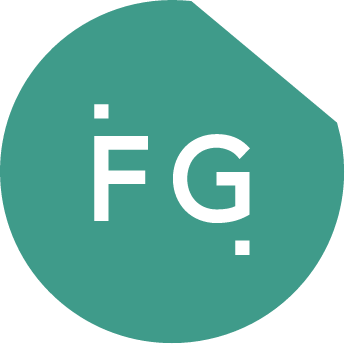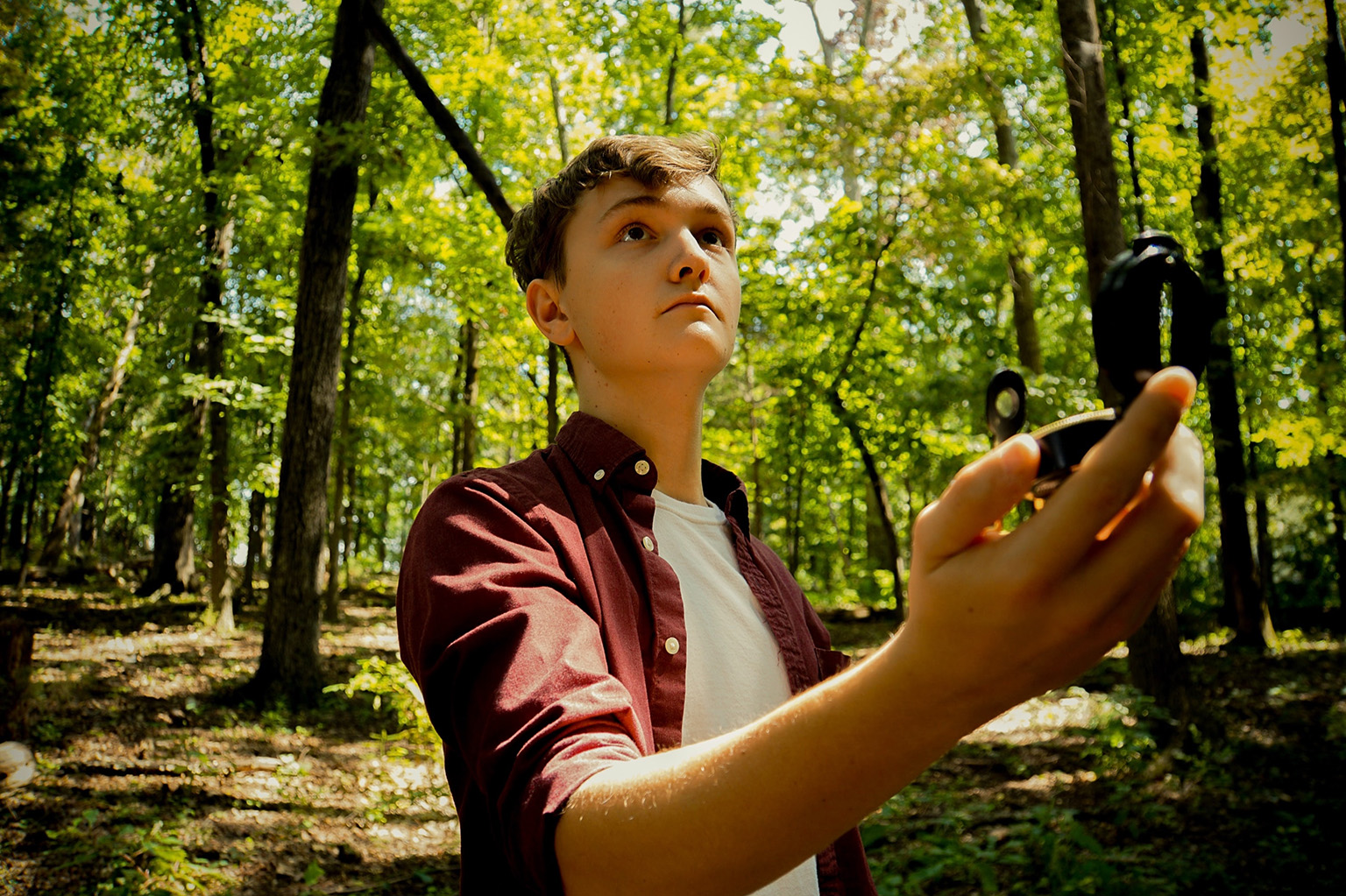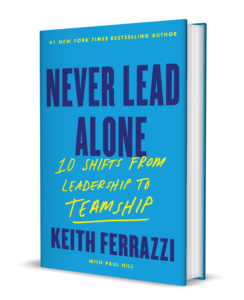“What if I don’t have much to offer?” You know, I’m shocked and a bit sad by the
number of people who ask that when I explain that to build strong relationships — the kind that will consistently grow sales, boost your career, or just pack your social calendar — you have to give, give, give, and not keep score. (Click here to read Keith’s “Don’t Keep Score” column.
So, I’m here to slap some of that “not enough” thinking out of you. Everybody has a CURRENCY to give, or some capacity to help somebody else fulfill their mission or vision of themselves in some way. And trust me on this point: I’ve seen some pretty low thresholds for what counts as currency.
Jokes can be a currency. If you can make people laugh, you’re helping them have a good time, and they’ll be more up for doing business or hanging out with you. Heck, sometimes just being someone empathetic or decent to talk with is a currency in the right (or wrong) environment. Yet, I’m confident that you possess currencies much stronger and much more abundant than these simple examples. You’ve just got to know how to find them, something even I struggled to do for a while.
As a rookie consultant at Deloitte, straight after graduating from business school, I had a pretty rough time. Let’s just say that my first annual performance review was not sparkling. But, my supervisors and mentors knew that what I lacked in Excel wizardry (the skill set I was hired for), I more than made up for with my strategic insight and talent for building relationships with senior clients. So they created a new job for me, and I made a lot more money for all of us using my unique currency.
Since then, while I have made my living using my marketing and sales skills, I’ve always been aware of my biggest currency. No, it’s not my amazing wit and absolutely stunning good looks. It is my capacity to contribute to the success of people in my network by introducing them to other people in my network for mutual gain. It happens every day.
Often our most valuable currencies are things we do that seem as natural as breathing — natural to US, but to OTHERS, these skills are a real rarity! If you know tax law, that’s a currency to a lot of us. Can you get someone upgraded at the NY hotel that your brother manages? That’s a currency too. Perhaps it’s something else. No matter what it is, you can find it by simply thinking of what others can gain from you. Here are two quick stories of how a couple young guys’ currencies went from lost to found.
The Chinese MBA Student
Our company, FerrazziGreenlight, was conducting a training session called Relationships for Revenue and Career Growth for the first-year students at the Yale School of Management. When we got to the currency discussion, one international student said in broken English, “What kind of currency do I have for my classmates? For God’s sake, I can barely even speak English.” So I asked where he came from. “China.” Wow, I thought. You come from China, perhaps the biggest future market on the planet, where everyone from Fortune 500 executives to garage-startup entrepreneurs need to know how to do business or miss a huge opportunity. Still, you claim you don’t have a currency? What are you
thinking? He wasn’t. But once he thought about his currency in terms of what OTHERS could gain from him, he got it.
Next thing I heard, he was putting together a spring trip home to China to visit a whole slew of companies and people he knew there. He invited classmates who were interested, of course, but he also called recruiters (people he wanted to hire him!) and let them know that if they had anyone wanting to go on the trip, he would welcome them.
What an amazing currency he has! Especially for someone who “had nothing to offer” — nothing to offer except insight and connections into a market everyone covets.
The Surfer Dude
This August, we were out in LA, speaking to an audience of 500, when yet another claimed he didn’t have a currency. After probing just a bit, we found out that he loves to surf. I asked the crowd, “How many people in here want to learn how to surf? Now remember, this is LA. At least 85% shot their hands up. Now, I wasn’t really sure what athletic prowess or even swimming abilities those individuals had, but the response was promising. I turned to the guy and asked, “How often do you surf?” “Every day,” he said.
So was he willing to take one morning out of his week to teach surfing to the first three people who call him the night before if they’re willing to show up? Of course he was, and it’s that simple.
Maybe he’ll only have takers once a month because the reality of this world is that too few people take us up on our offers, but at least he’s exercising his currency with a solid foundation group. And the currency could, I suspect, turn into a nice small business. Who knows? Not bad for someone who didn’t have anything to offer — except years of experience doing something everyone wishes they could do.
Here’s the bottom line. For you to get to know the people who can make you successful, they’ve got to want to get to know you. And that means, frankly, digging deep and finding out what you can do to make them more successful. So, no matter what’s on the line, be it your company’s sales or your own career, you’ve got to find and use your currency if you’re going to build relationships for success.
Action Challenge:
To find your currency, or discover additional ones, try answering these questions:
- What things do you say about yourself and your interests that excite or intrigue people you meet?
- When did you help make someone else a success at something?
- Of the times you were able to give, which worked the best and which felt the best?
- How can you purposely incorporate those currencies into your sales and networking plans?






